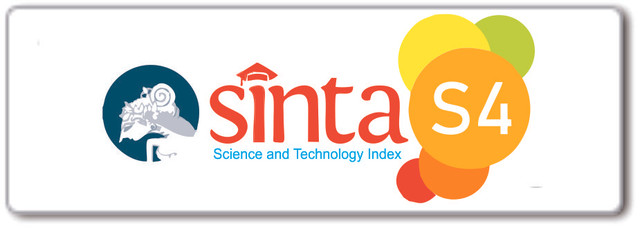The Influence of Intellectual Stimulation and Self-Efficacy on Teachers' Innovative Behavior: A Literature Review
Abstract
This study aims to investigate how principals’ intellectual stimulation and teachers’ self-efficacy influence innovative behavior in educational settings. Using a literature review methodology, this study systematically examined and synthesized academic literature from national and international journals to explore the relationships between intellectual stimulation, self-efficacy, and teacher innovative behavior. Articles were selected based on criteria such as relevance, publication in peer-reviewed journals, and alignment with the study focus. The findings reveal that teachers' innovative behavior, characterized by idea exploration, generation, championing, and implementation, is significantly influenced by two key factors: intellectual stimulation and self-efficacy. Transformational leadership, particularly intellectual stimulation, encourages teachers to challenge conventional methods, think creatively, and feel supported in implementing innovative ideas. Simultaneously, high self-efficacy enhances teachers’ confidence in taking risks, experimenting with new teaching practices, and overcoming challenges. These two factors synergistically promote innovation by integrating external support from leadership with internal motivation and confidence. The study concludes that fostering teachers' innovative behavior requires strategic efforts at both the leadership and individual levels, including leadership training, professional development for teachers, and the creation of collaborative school environments.
























